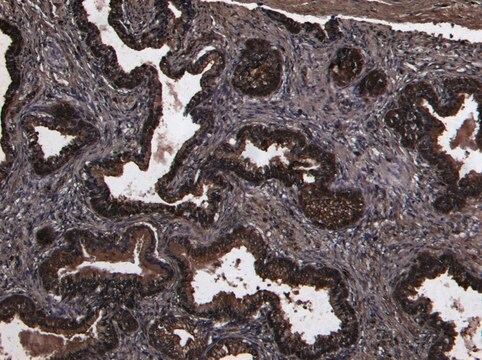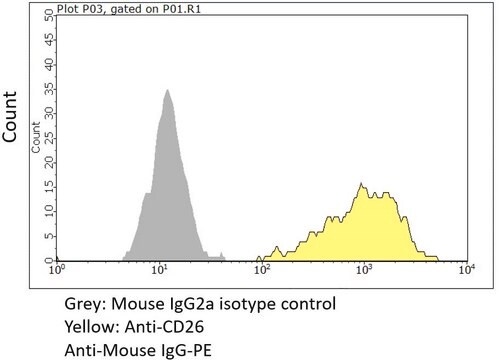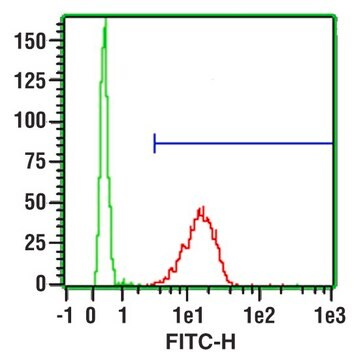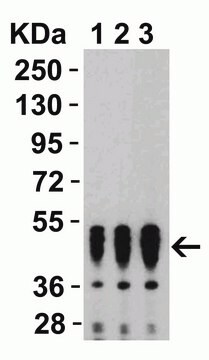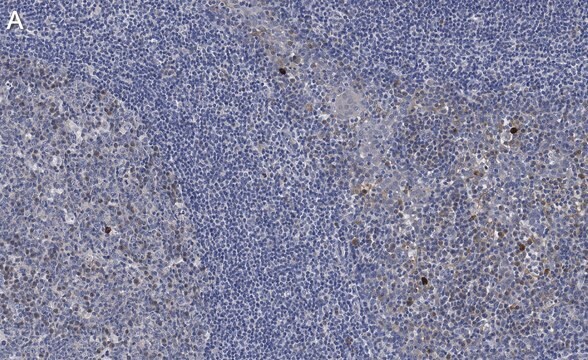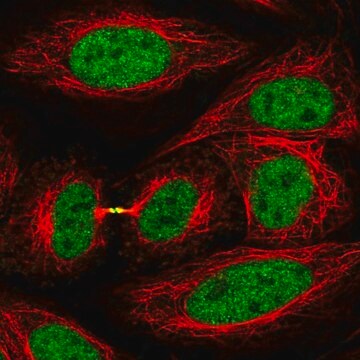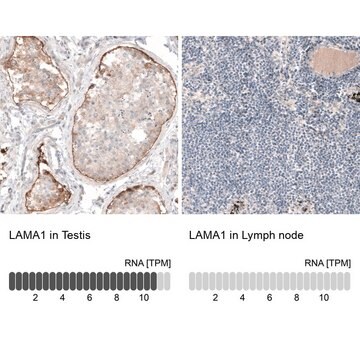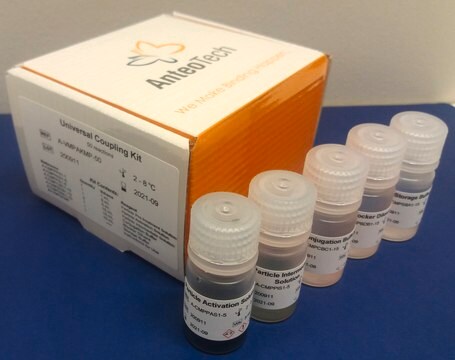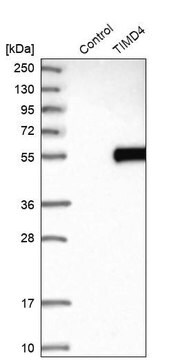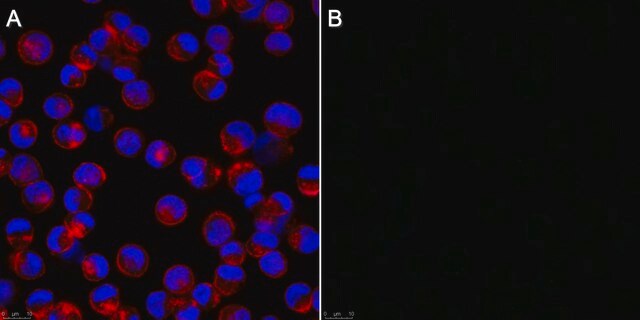SAB4200230
Anti-DPP4/CD26 antibody, Mouse monoclonal
clone A6H, purified from hybridoma cell culture
Sinônimo(s):
Monoclonal Anti-ADABP, Monoclonal Anti-ADCP2, Monoclonal Anti-DPPIV, Monoclonal Anti-TP103, Monoclonal Anti-dipeptidyl-peptidase 4
About This Item
Produtos recomendados
fonte biológica
mouse
conjugado
unconjugated
forma do anticorpo
purified from hybridoma cell culture
tipo de produto de anticorpo
primary antibodies
clone
A6H, monoclonal
Formulário
buffered aqueous solution
reatividade de espécies
human
concentração
~4.0 mg/mL
técnica(s)
flow cytometry: suitable
immunocytochemistry: suitable
immunohistochemistry: suitable
indirect ELISA: suitable
indirect immunofluorescence: 20-40 μg/mL using methanol/acetone fixed HT-29 cells
Isotipo
IgG1
Condições de expedição
dry ice
temperatura de armazenamento
−20°C
modificação pós-traducional do alvo
unmodified
Informações sobre genes
human ... DPP4(1803)
Descrição geral
Imunogênio
Aplicação
- enzyme linked immuno sorbent assay (ELISA)
- immunocytochemistry
- immunohistochemistry
- flow cytometry
Ações bioquímicas/fisiológicas
forma física
Exoneração de responsabilidade
Não está encontrando o produto certo?
Experimente o nosso Ferramenta de seleção de produtos.
Código de classe de armazenamento
12 - Non Combustible Liquids
Classe de risco de água (WGK)
WGK 1
Ponto de fulgor (°F)
Not applicable
Ponto de fulgor (°C)
Not applicable
Escolha uma das versões mais recentes:
Certificados de análise (COA)
Não está vendo a versão correta?
Se precisar de uma versão específica, você pode procurar um certificado específico pelo número do lote ou da remessa.
Já possui este produto?
Encontre a documentação dos produtos que você adquiriu recentemente na biblioteca de documentos.
Nossa equipe de cientistas tem experiência em todas as áreas de pesquisa, incluindo Life Sciences, ciência de materiais, síntese química, cromatografia, química analítica e muitas outras.
Entre em contato com a assistência técnica